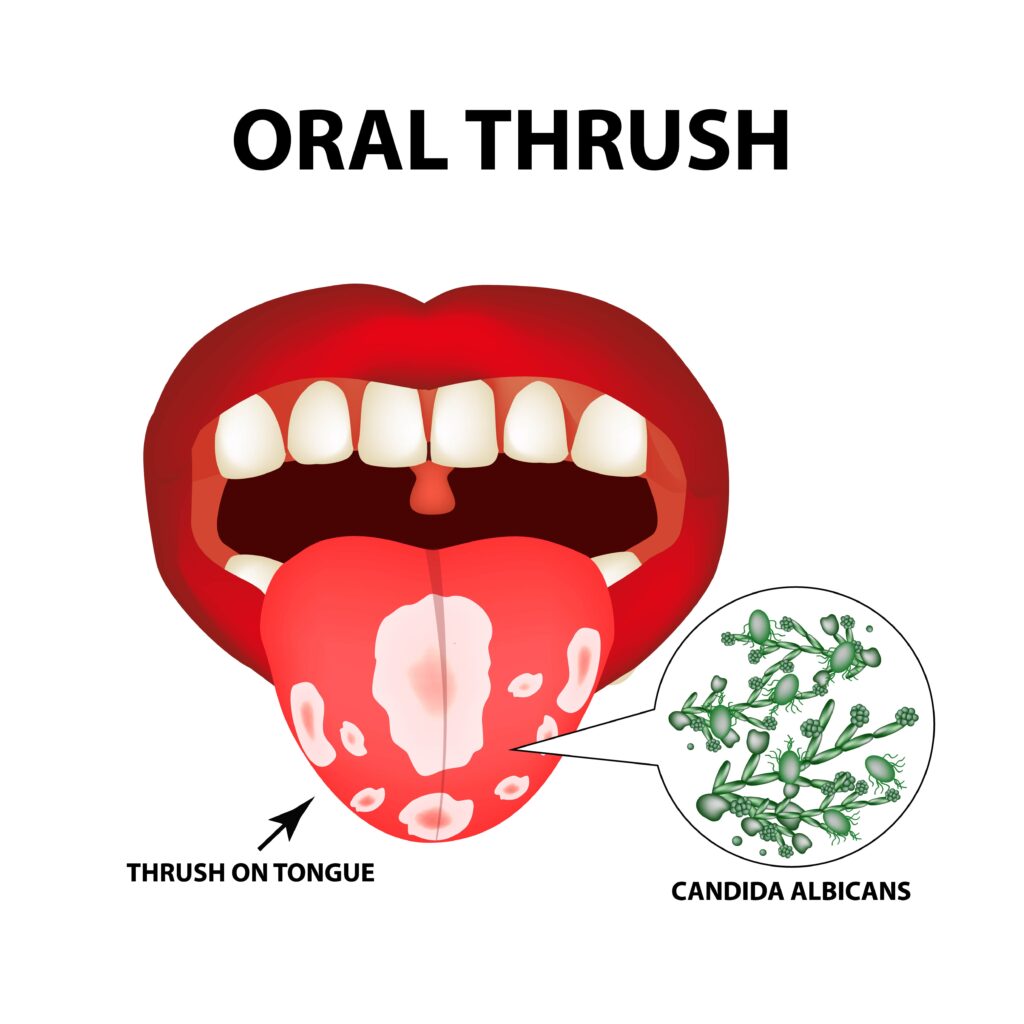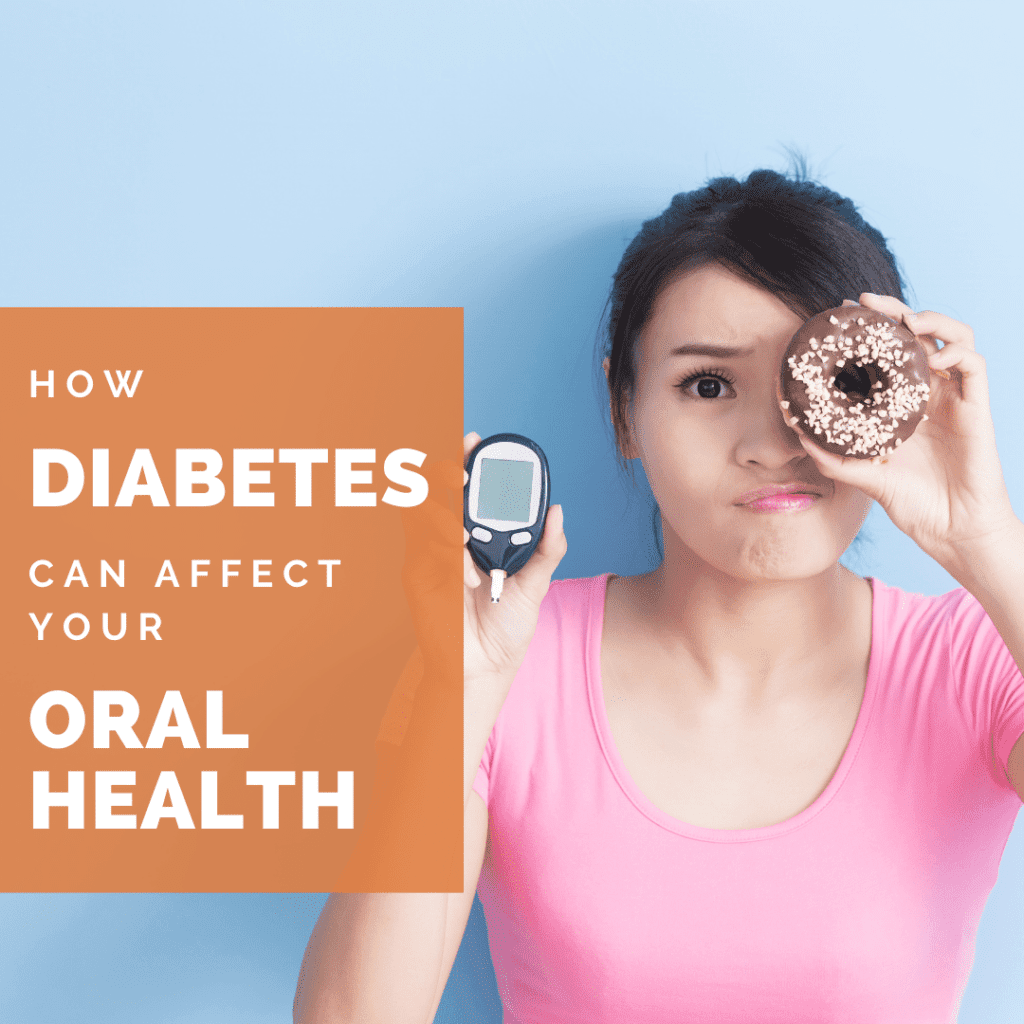Regular dental exams at least once every six months are important for everybody, but they may be especially important for some people. In fact, people with certain medical conditions may be at a higher risk of developing dental issues and may need to visit their dentist more often. One common medical condition that has been known to cause oral health problems is diabetes. Type 1 diabetes is when the body does not produce enough insulin and type 2 diabetes is when the body does not respond to insulin. Both types of diabetes ultimately prevent sugar from being used properly by the body and can result in high blood sugar. Unfortunately, high blood sugar can increase the risk for oral health problems like:
Dry Mouth
Dry mouth happens when the body is unable to produce the necessary amount of saliva to properly lubricate and clean the mouth. While it can be caused by high blood sugar, dry mouth can also be the result of taking certain medications. Regardless of its cause, dry mouth can be extremely detrimental to your oral health because it can allow more bacteria to reside in your mouth. This can also cause your remaining saliva to become acidic, which is damaging to your tooth enamel. Overall, dry mouth drastically increases the risk of developing both gum disease and tooth decay.
Gum Disease
Gum disease happens when there is a large amount of plaque along the gums. Since plaque contains bacteria, large amounts of plaque mean large amounts of bacteria. This can cause the gum tissue to become inflamed, red, swollen, or tender. When gum disease is not managed, it can continue to progress to the point where the teeth can fall out and the jawbone can deteriorate. Gum disease is often seen in people with diabetes because bacteria feed on the high amount of sugars.
Oral Thrush

Oral thrush is another type of oral infection that can form as a result of diabetes. Like gum disease, oral thrush can occur more often in people with diabetes because of the high sugar levels. However, oral thrush is caused by a fungus rather than bacteria, and is characterized by a white, yeasty coating on the tongue and inner cheeks. People with dentures are also at an increased risk of developing oral thrush.
Slows Healing
Another problem with high blood sugar is that it slows down the body’s healing process. When affected by gum disease or oral thrush, this can make it hard to recover. Healing becomes slowed because high blood sugar prevents nutrients and oxygen from energizing the cells, decreases immune system function, and increases inflammation within the cells
Taste Problems
Last, but certainly not least, high blood sugar levels caused by diabetes can also affect your taste. Specifically, there are two different things that can happen, and some people may experience a little of both. First, the high amounts of sugar in your blood can leave you with a perpetual sweet taste in your mouth that can distort other flavors. Second, high amounts of sugar can also prevent you from tasting sweetness in foods and beverages.

Dr. Admar holds dual certificates — a Bachelor of Dental Surgery (BDS) in 2010 from India and a Doctor of Dental Surgery (DDS) in 2014 from Canada. He is now a full time practicing dentist in Kamloops where he provides a variety of services, including emergency dentistry. Dr. Admar spends hundreds of hours in continued dental education to stay up to date in cosmetic and implant dentistry and he has achieved several advanced qualifications.


